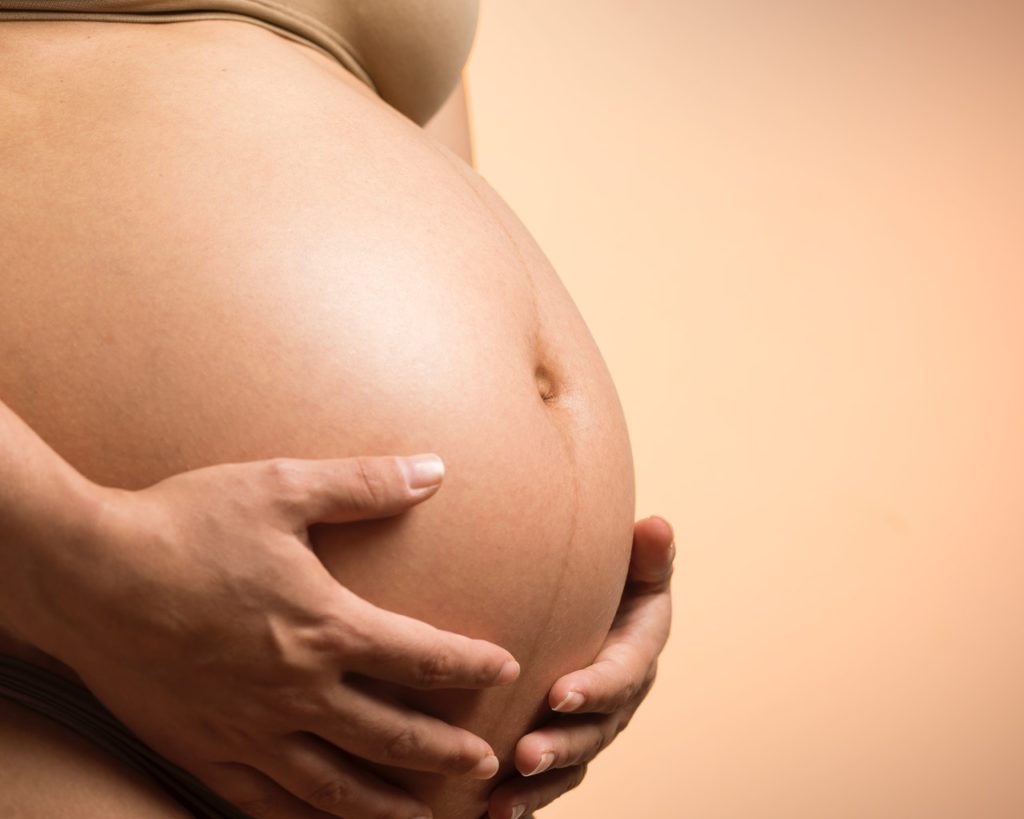Pregnant women aged 16 or over can be vaccinated against Covid-19 from the 21st week of gestation, after having had a morphological ultrasound, and respecting an interval of 14 days for any other vaccine.
The information is contained in the standard on vaccination against covid-19 today updated by the Directorate-General for Health (DGS).
Speaking to Lusa, the coordinator of the Technical Commission on Vaccination Against Covid-19 Válter Fonseca explained that "recent studies have shown that vaccines are safe during pregnancy and capable of inducing the production of protective antibodies for pregnant women." .
The recommendation is for vaccination to be done after 21 weeks of gestation and, preferably, in health centers, although it is not forbidden to another location, as long as there are vaccines available.
"It should preferably take place in the context of primary health care, where health professionals have had experience in vaccinating pregnant women for many years," explained Válter Fonseca.
The logistics on how pregnant women should apply is still being adjusted and will be announced in the coming days.
Válter Fonseca recalled that pregnancy has been associated with an increased risk of severe covid-19 and underlined that the vaccines used in Portugal "are inactivated, like many that have been used safely for years under the National Vaccination Program."
The standard states that vaccination must respect a minimum interval of 14 days in relation to the administration of other vaccines, such as the pertussis vaccine and the flu vaccine, and that breastfeeding is not a contraindication for vaccination against Covid-19.
The document also determines that, in nursing homes, units of the National Network of Continued Integrated Care (RNCCI) and other similar institutions, people who have already been infected can be vaccinated three months after notification of infection.
"The vaccination of all residents, users and professionals (not yet vaccinated) must be continuously guaranteed, particularly those who are admitted, again, to Residential Structures for the Elderly (ERPI), similar institutions, RNCCI units", the document states.
It also provides that the interval between doses can now be anticipated in cases of urgent or unavoidable travel, for example, situations of need for health care outside the country, diplomatic or State representation, humanitarian missions and duly substantiated work or academic obligations.
The interval between the two doses may also be reduced for the purposes of immunosuppressive therapies or other clinical procedures duly substantiated.
The DGS stresses that, "in accordance with the precautionary principle", vaccinated people must continue to comply with protection measures, in order to prevent the spread of the virus.
Speaking to Lusa, the coordinator of the Technical Commission on Vaccination against Covid-19 stressed that "vaccines against covid-19 are safe and effective", but recalled that "it has not yet been fully demonstrated that they can prevent the transmission of the virus. ».
"Hence the importance, at this stage, of continuing to maintain adequate protection measures, such as distancing, the use of masks and hand hygiene," he added.



















Comments